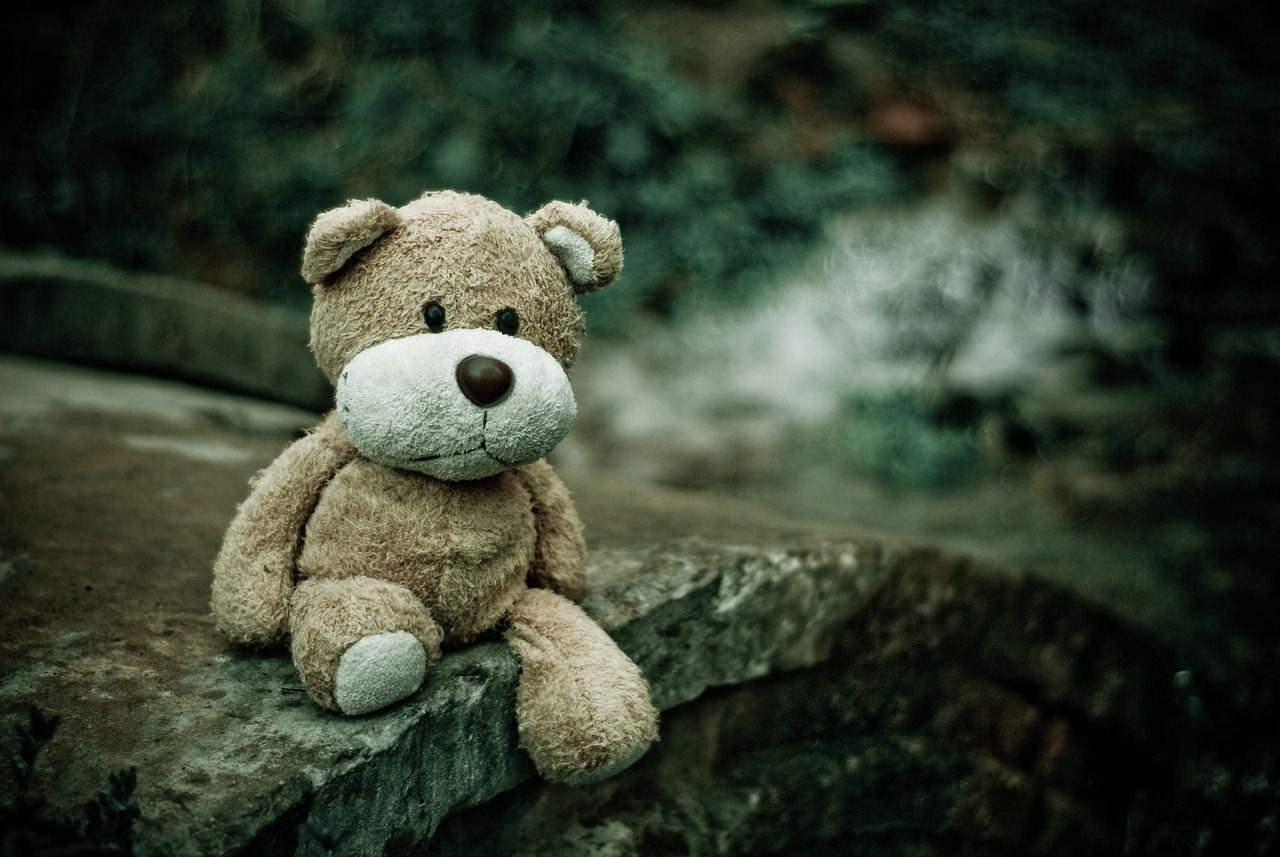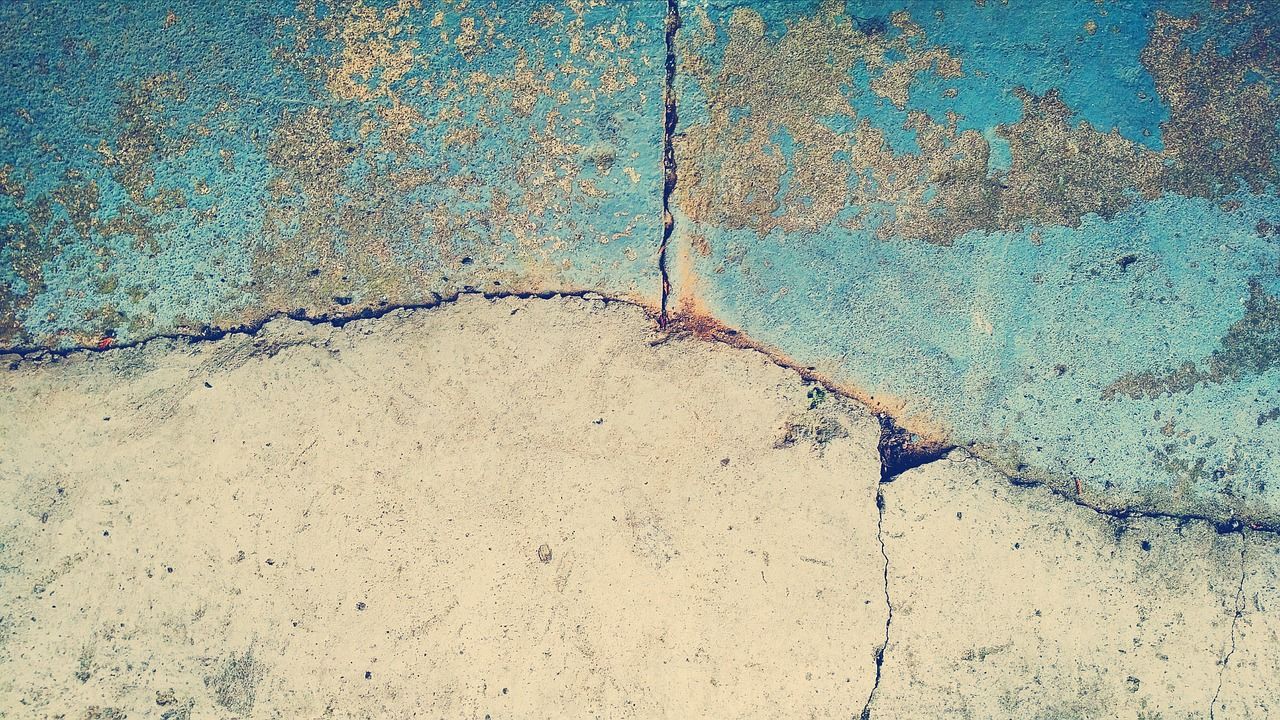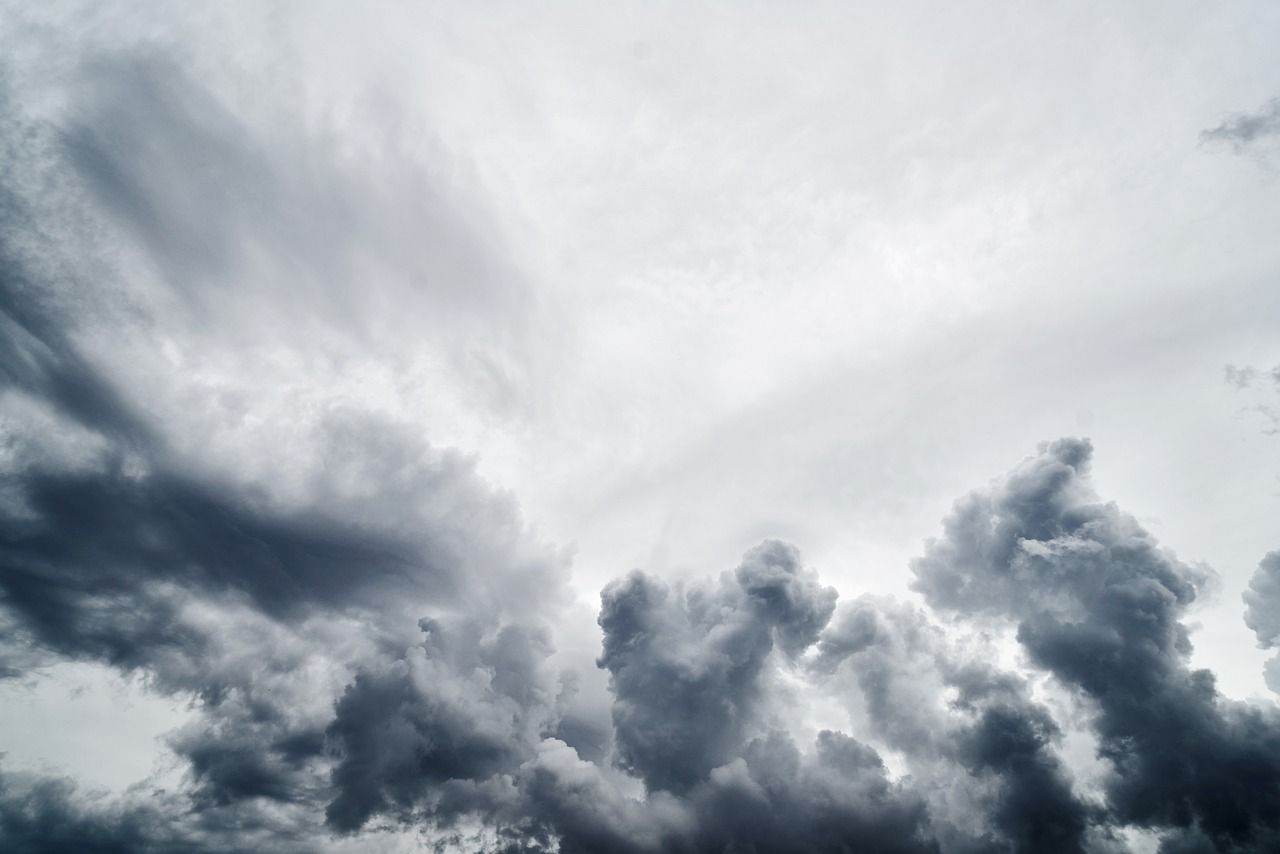
On Sadness
Were it possible for us to see further than our knowledge reaches and yet a little way beyond the outworks of our divining, perhaps we would endure our sadnesses with greater confidence than our joys.
Yesterday morning, Rahi stood in the doorway, dressed and ready for Anni to take him to kindergarten.
Are you coming too, he asked?
No, I said. Mum’s going to take you.
You should come, he said.
I looked at him, his need and his love so open. It made my heart ache a little.
I can’t, I said. But, Rahi, tell you what, I’ll come pick you up, okay?
Annika came and they left.
About 10 minutes after he left, I realised I’d screwed up - I had a meeting which meant I couldn’t go pick him up. I felt bad, tried to shrug it off. It happens, I told myself.
I stopped working straight after my meeting ended, at around 1.30. I went upstairs to say hello to Rahi.
Then I said, Rahi, I need to tell you something.
He paused in between the model trains. His head tilted a little. He had that look he has when he’s paying attention.
I’m sorry I didn’t come pick you up today, Rahi, after I said I would.
He didn’t say anything but he was clearly listening.
I forgot I had a meeting, I said. I’m sorry.
Rahi gets this faraway look sometimes when you don’t know what’s going on, but you can clearly tell that he’s somewhere else. He had this look now. I waited.
Do you want to play, he said?
Yes!
So we played. Trains and planes. We built a ba-ba-baa ship. He asked me if I had been bitten and I said no, so he got the crocodile and bit me and then asked me again, and I said yes. Does it hurt, he asked? Yes, I said. So then he pulled out his little doctor’s box and said it would hurt a little, but then it would be better.
At around 3, Annika reminded him that they’d be leaving shortly for a walk in the woods with lanterns. (It’s some kind of tradition here in Hamburg, don’t ask me what exactly.) She then left again and Rahi and I continued playing.
A few minutes later, he asked: Do you want to come on the lantern walk?
My heart sank. No, I said. I have to work.
You should come, he said.
You’re going with Mum, I said! It’ll be fun. All the other kids will be there too!
I don’t want to go with Mum, he said. I want to go with you.
A little bit later, he left with his Mum, and I carried a deep sadness with me for the rest of the day, a sadness with which I’ve woken up this morning.

On August 12, 1904, the poet Rainer Maria Rilke wrote from Sweden to a young man called Franz Kappus. It was the 8th of his “Letters to a Young Poet”, and it talks a lot about sadness.
In my sadness this morning about Rahi I read it again, and I would like to share it with you, because it is one of the wisest, most beautiful things that I have ever read about sadness; one of the most useful, too.
“Dear Mr. Kappus,” it begins,
"You have had many and great sadnesses, which passed. And you say that even this passing was hard for you and put you out of sorts. But, please, consider whether these great sadnesses have not rather gone right through the center of yourself?
Whether much in you has not altered, whether you have not somewhere, at some point of your being, undergone a change while you were sad?”
I already find this breathtaking. The direct simplicity of the beginning, the naming of a truth that is universal but so rarely spoken:
You have had many great sadnesses.
Yes. I have. You have. We all have. But we - I, at any rate - push this truth away. I am embarrassed by it.
And then the suggestion that perhaps it is not you going through the sadness, but the sadness going through you … to go into the associations of this would take 1000s of words, so I won’t. But I bring it to your attention because it is worth thinking about - what changes when we think of sadnesses going through us rather than us going through sadness? How do we feel about sadness then?
But this is just the beginning. Rilke continues, and this is the bit that really spoke to me when I first encountered this letter.

“Were it possible for us to see further than our knowledge reaches," says Rilke, "and yet a little way beyond the outworks of our divining, perhaps we would endure our sadnesses with greater confidence than our joys.
“For they are the moments when something new has entered into us, something unknown; our feelings grow mute in shy perplexity, everything in us withdraws, a stillness comes, and the new, which no one knows, stands in the midst of it and is silent.
"I believe that almost all our sadnesses are moments of tension that we find paralyzing because we no longer hear our surprised feelings living.
"Because we are alone with the alien thing that has entered into our self; because everything intimate and accustomed is for an instant taken away; because we stand in the middle of a transition where we cannot remain standing.
"For this reason the sadness too passes: the new thing in us, the added thing, has entered into our heart, has gone into its inmost chamber and is not even there any more, - is already in our blood. And we do not learn what it was.
"We could easily be made to believe that nothing has happened, and yet we have changed, as a house changes into which a guest has entered.
"We cannot say who has come, perhaps we shall never know, but many signs indicate that the future enters into us in this way in order to transform itself in us long before it happens.
"And this is why it is so important to be lonely and attentive when one is sad: because the apparently uneventful and stark moment at which our future sets foot in us is so much closer to life than that other noisy and fortuitous point of time at which it happens to us as if from outside.
"The more still, more patient and more open we are when we are sad, so much the deeper and so much the more unswervingly does the new go into us, so much the better do we make it ours, so much the more will it be our destiny, and when on some later day it “happens” (that is, steps forth out of us to others), we shall feel in our inmost selves akin and near to it.”

I woke up with a deep sadness.
I do not know what to make of it.
But maybe I do not have to make anything of it. Maybe the sadness will do all the making that is necessary.
Maybe the sadness is something new entering.
Maybe I saw Rahi differently, maybe I experienced an emotion, perceived a state, received a different intimation of reality.
Where does it lead? I do not know. And maybe I do not need to know.
Maybe my job is to let the sadness do its work.
Maybe that’s our job generally: to let the world do its work through us.
Who knows?
I hear Rahi in the kitchen. I’m going to go say hello.

